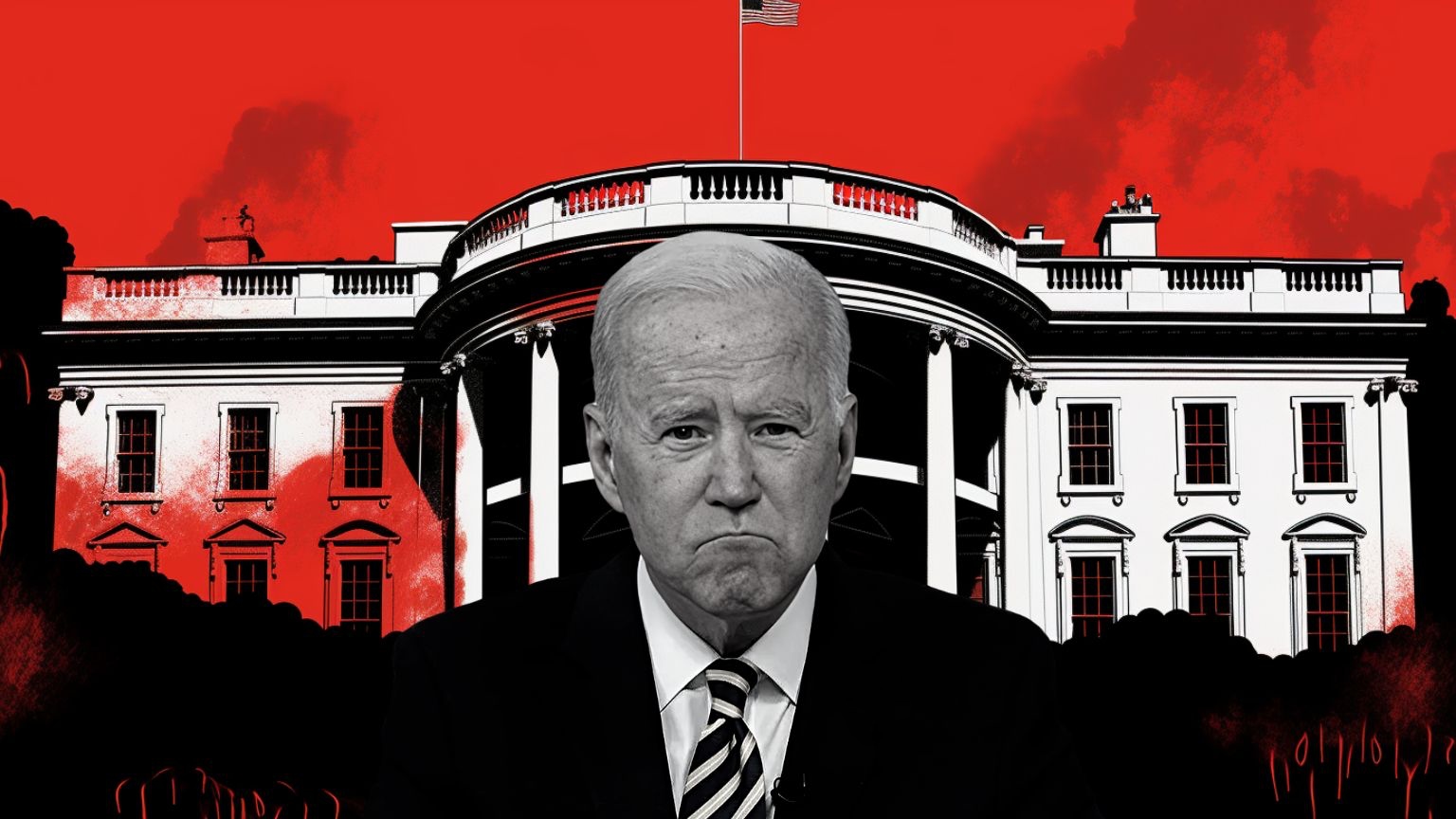In what may come as a hard blow to the Biden administration, the 5th US Circuit Court of Appeals on Thursday, expressed doubt over the Democrats’ relentless attempts to reverse an order that significantly hampers their demand to social media behemoths for censoring content they label as “misinformation.”
This comes following a lawsuit brought forward by the states of Louisiana and Missouri.
The lawsuit alleges inappropriate use of power by the US officials in pressuring big-tech companies like Meta Platform’s Facebook, Alphabet’s YouTube, and X Corp’s Twitter, to censor posts regarding COVID-19, the 2020 election, and other topics.
While Daniel Tenny, a US Department of Justice lawyer, in his defense, presented that the government merely “informed” these companies about misinformation-spreading posts but never coerced them into taking them down, the court seems to take a different view.
Highlighting the unsettling intimacy between the government and Big Tech, Circuit Judge Jennifer Walker Elrod viewed the irate communication from officials to social media firms for not swiftly removing specific posts as an employer-employee power hierarchy. The sentiment was echoed by Circuit Judge Don Willett who argued that the government’s public threats towards social media platforms over legal immunity and antitrust enforcement were pressure tactics in disguise.
Judge Elrod described the messages from officials as “irate” and pressured platforms that did not remove certain posts fast enough. Judge Elrod described it as similar to “a very close working relationship” between the government and the platforms.
“It’s like a supervisor complaining about a worker,” she said.
Circuit Judge Don Willett invoked statements made by Biden officials suggesting that online platforms could face antitrust action or lose Section 230 immunity as threats being held over platforms that refuse to comply.
“That’s a really nice social media platform you got there; it would be a shame if something happened to it,” Willett said, highlighting how the Biden administration sounded in its threats.
Counteracting Tenny’s stance that these posts weren’t always acted upon by the platforms, John Sauer, representing the states, drew a parallel between the government’s exerted pressure on the Big Tech firms and the horrendous concept of enforced mass book burnings by publishers. He argued that the powerful hierarchy of the US government was indeed applying relentless pressure on social media firms yielding concessions.
Diving into the case backdrop, the debate stems from a July 4 ruling by US District Judge Terry Doughty, sided with Louisiana and Missouri. The ruling pronounced the government’s program as an Orwellian attempt of suppressing dissenting viewpoints on topics like mask mandates, lockdowns, and 2020 election outcomes, thus violating the US Constitution’s First Amendment’s free speech guarantees.
Doughty’s ruling, in essence, restrained government agencies from pushing social media companies towards suppressing or removing content that embodies protected free speech, barring narrow exceptions.
It is important to note that currently, the order is put on hold as the 5th Circuit weighs the Biden administration’s appeal.
With the freedom of speech under a deconstruction microscope, this case exemplifies the constantly evolving battle lines between government regulation and the sanctity of individual expression in the digital age.










